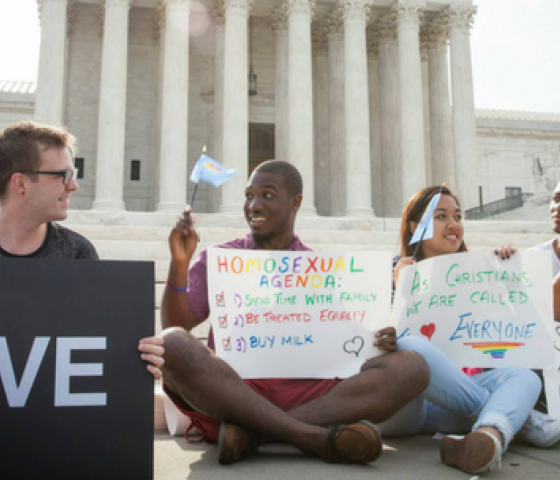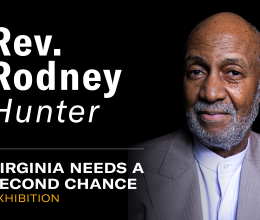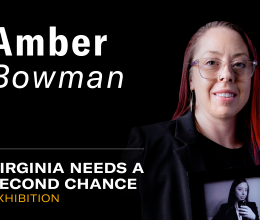Policy restricting beards and hair affects Muslims, Native Americans and others.
An ACLU case held in suspension for nearly three years resumed recently with a flurry of court filings. Initiated in February 2003,McRae v. Johnson challenges the Department of Corrections’ policy requiring that inmates keep their hair short and beards shaven.
Because the policy does not allow for religious exceptions, many Muslims, Native Americans and Rastafarians whose faiths require them to wear long hair and/or beards are presented with the Hobson’s Choice of abandoning their religious principles while incarcerated or being penalized by DOC.
“DOC’s grooming policy serves no penological purpose, but it does infringe on the religious rights of many prisoners,” said ACLU of Virginia executive director Kent Willis. “The Religious Land Use and Institutionalized Persons Act was passed by Congress to prevent correctional facilities from stripping prisoners of this one last fundamental right.”
“Congress not only wanted to protect the religious rights of prisoners as a matter of constitutional principle, but it also understood the important role that religion plays in the rehabilitation of prisoners after they have been cut off from family, friends, and the rest of society,” added Willis.
The McRae case was stayed in April 2003 when the constitutionality of the federal law under which it was filed—the Religious Land Use and Institutionalized Persons Act or RLUIPA — was challenged in a separate case. It took more than two years, but in 2004 the Fourth Circuit Court of Appeals upheld the constitutionality of RLUIPA, and in May 2005 the Supreme Court followed suit.
Passed by Congress in 2000, RLUIPA prevents any government entity that receives federal funding from forcing inmates or other institutionalized persons to significantly modify their religious practices unless the institution can demonstrate that the modification is required to protect the safety and security of the institution.
With the constitutionality issues apparently settled, the discovery phase of the case resumed last summer. In recent weeks, the ACLU and the Attorney General of Virginia, who is defending DOC, have each filed motions for summary judgment, asking a federal district court judge in Richmond to resolve the case without further adjudication.
The ACLU represents five Virginia inmates who were punished for not complying with the grooming policy or who were forced to comply with it to avoid punishment. Two of the inmates are Rastafarians whose religious beliefs oblige them to allow their hair to grow, and three are Muslims who are prohibited from cutting their beards.
Lawyers for the ACLU are ACLU of Virginia legal director Rebecca K. Glenberg and Stephen Rosenfield of Charlottesville. A copy of the ACLU’s Brief in Support of Summary Judgment, filed on February 6 and a copy of the Response to the Defendant’s Motion for Summary Judgment, filed February 21, can be found at http://www.acluva.org/docket/mcrae.html.
Contact: Kent Willis or Rebecca K. Glenberg, 804-644-8022








